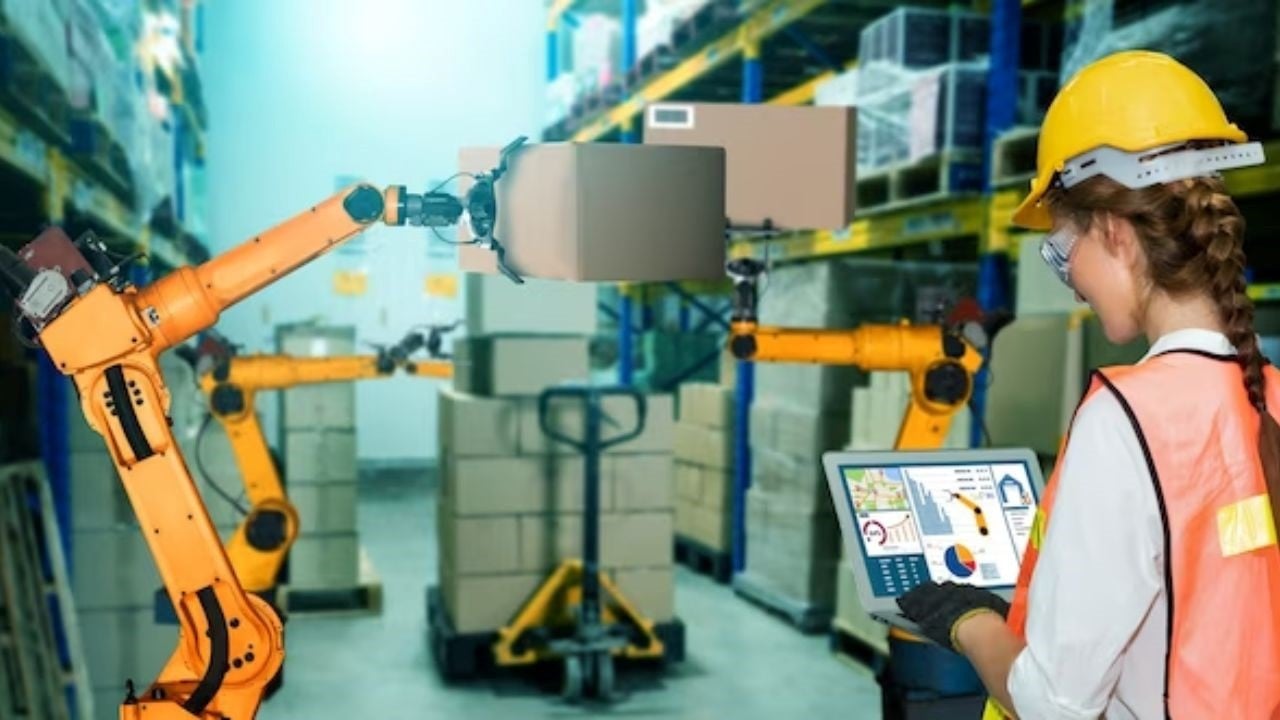
The Internet of Things ( IoT ) and artificial intelligence ( AI ) have been revolutionizing many different industries, one area where their impact is particularly significant is industrial automation.
IoT refers to a network of physical devices, vehicles, and other objects that are equipped with sensors and software, allowing them to connect, collect, and exchange data.
AI involves developing computer systems that can perform tasks that require human intelligence.
When these two technologies come together, they create a force that changes the way industries operate.
The combination of IoT and AI is driving the next generation of industrial automation. IoRT is revolutionizing industries by enabling predictive maintenance, remote monitoring and control, real-time quality control, automation of complex tasks, and the development of autonomous systems.
In the field of industrial automation, the impact of IoT and AI is huge. IoT allows for the collection of large amounts of data from sensors embedded in machines and devices. The data can be analyzed and processed by AI algorithms to extract valuable information.
The ability to analyze data and make decisions in real time is revolutionizing industrial processes, making them more efficient, productive, and cost-effective.
One of the key benefits of IoT and AI in industrial automation is predictive maintenance. By continuously monitoring the performance of machines and equipment, IoT sensors can detect anomalies and predict when maintenance is needed.
This proactive approach helps prevent costly breakdowns and reduces downtime, resulting in significant cost savings for industries.
Furthermore, IoT and AI are enabling remote monitoring and control of industrial processes. With the help of IoT sensors and AI algorithms, operators can monitor and control machines and equipment from anywhere, anytime.
This remote access capability not only improves operational efficiency but also enhances worker safety by reducing the need for physical presence in hazardous environments.
Another area where IoT and AI are making a significant impact is quality control. By analyzing data collected from sensors, AI algorithms can identify patterns and anomalies that can indicate quality issues.
This real-time quality control capability allows for early detection and correction of problems, ensuring that only high-quality products are released to market.
Furthermore, IoT and AI are driving the automation of complex tasks that were previously performed by humans. Robots equipped with IoT sensors and AI algorithms can now perform complex tasks with high precision.
Automating processes not only increases productivity but also reduces the risk of human error, helping to improve product quality.
The integration of IoT and AI in industrial automation is also leading to the development of fully autonomous systems. Vehicles equipped with IoT sensors and AI algorithms can navigate and operate independently without human intervention. This autonomy is especially beneficial in industries such as logistics and transportation, resulting in significant cost savings and increased efficiency.
The impact of IoT and AI on industrial automation is undeniable. As these technologies continue to evolve, we can expect new technologies to make even greater contributions to the industrial manufacturing sector.
(by Appclonescript)
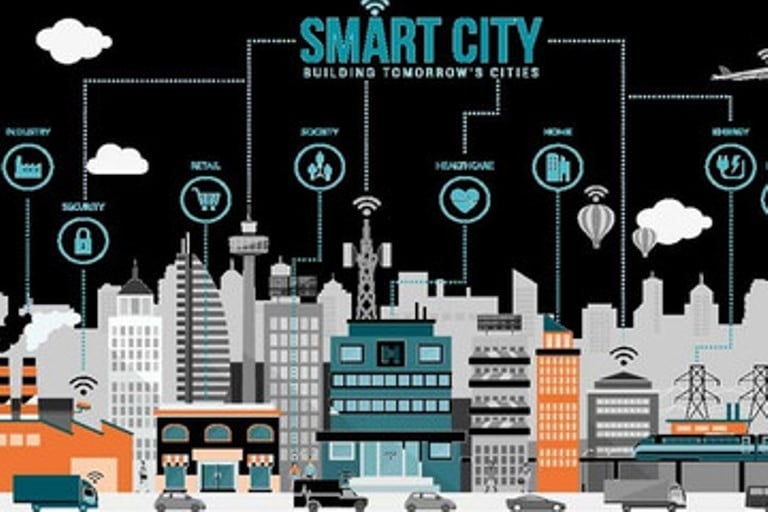
Integrating GIS and IoT to Improve Urban Planning Quality
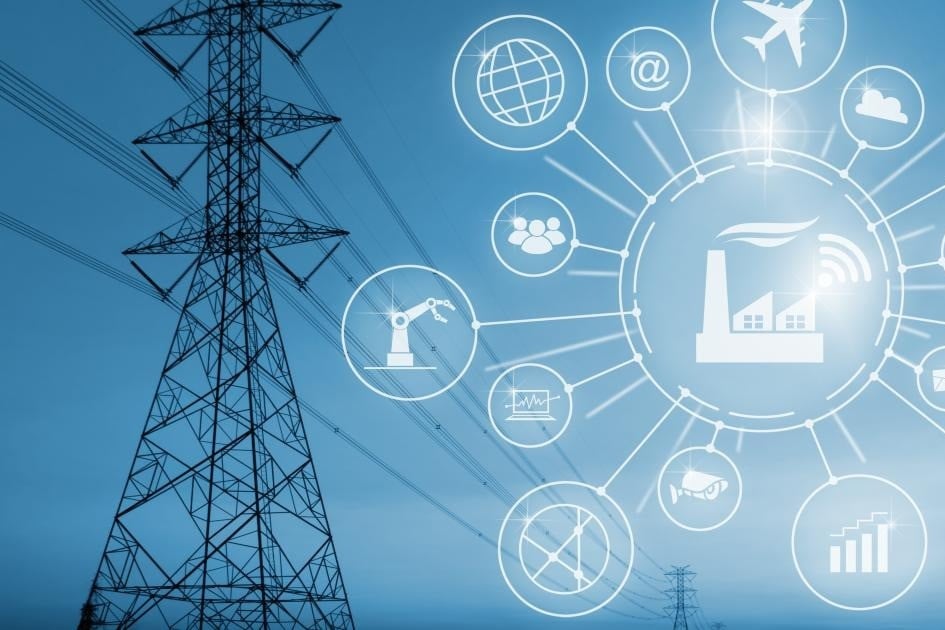
IoT applications in building smart power grid
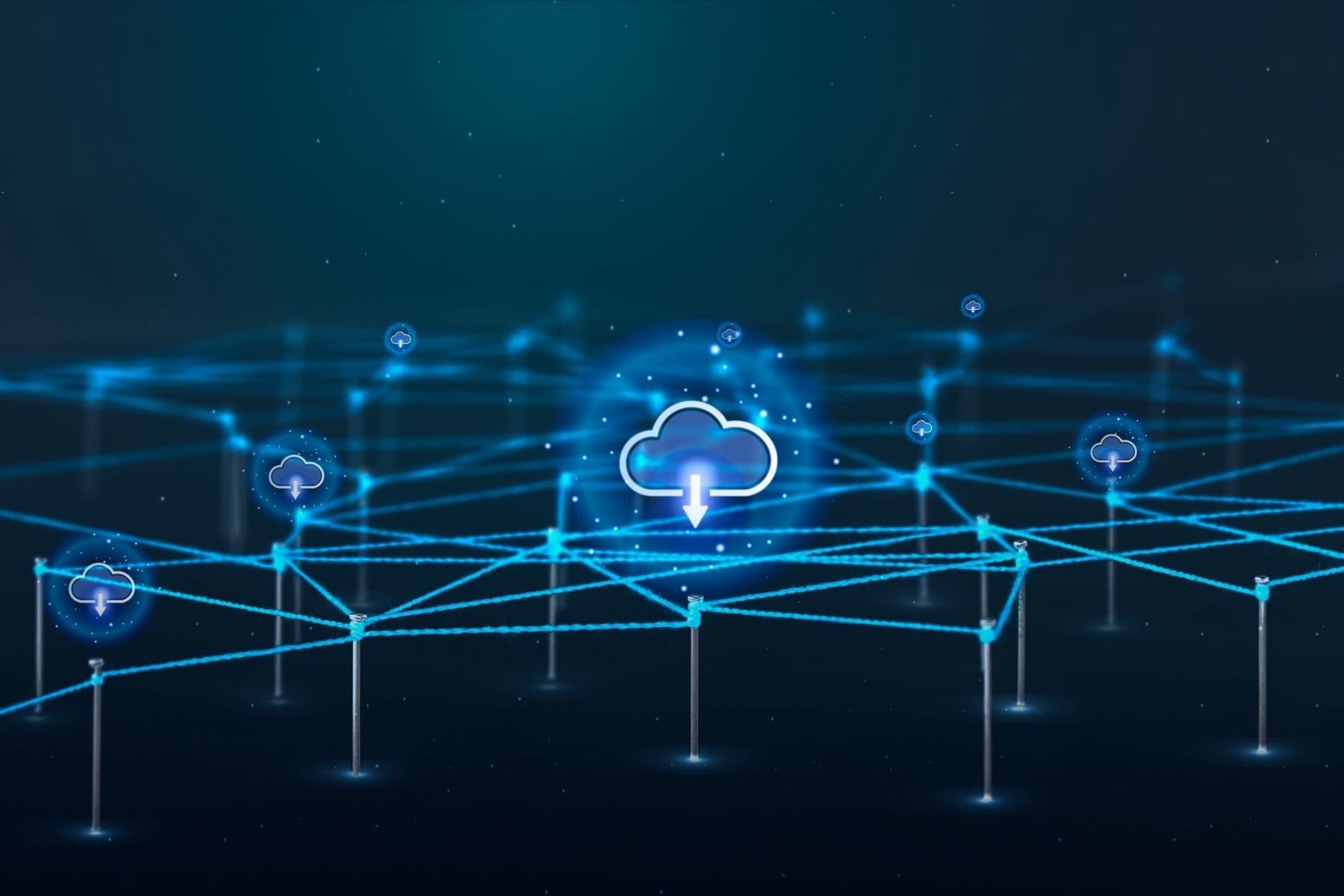
The BigData and IoT duo will shape the future of the connected world
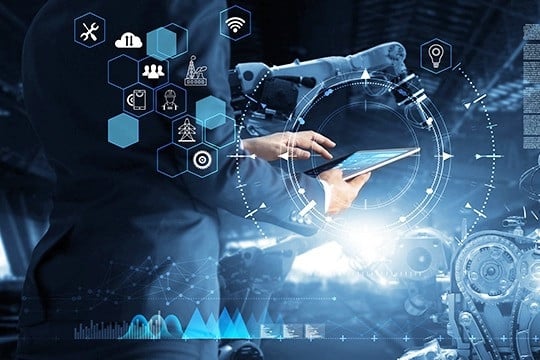
The Important Role of Industrial IoT Gateways

China's 5G Revolution: Unlocking the Potential of the IoT Ecosystem
Source



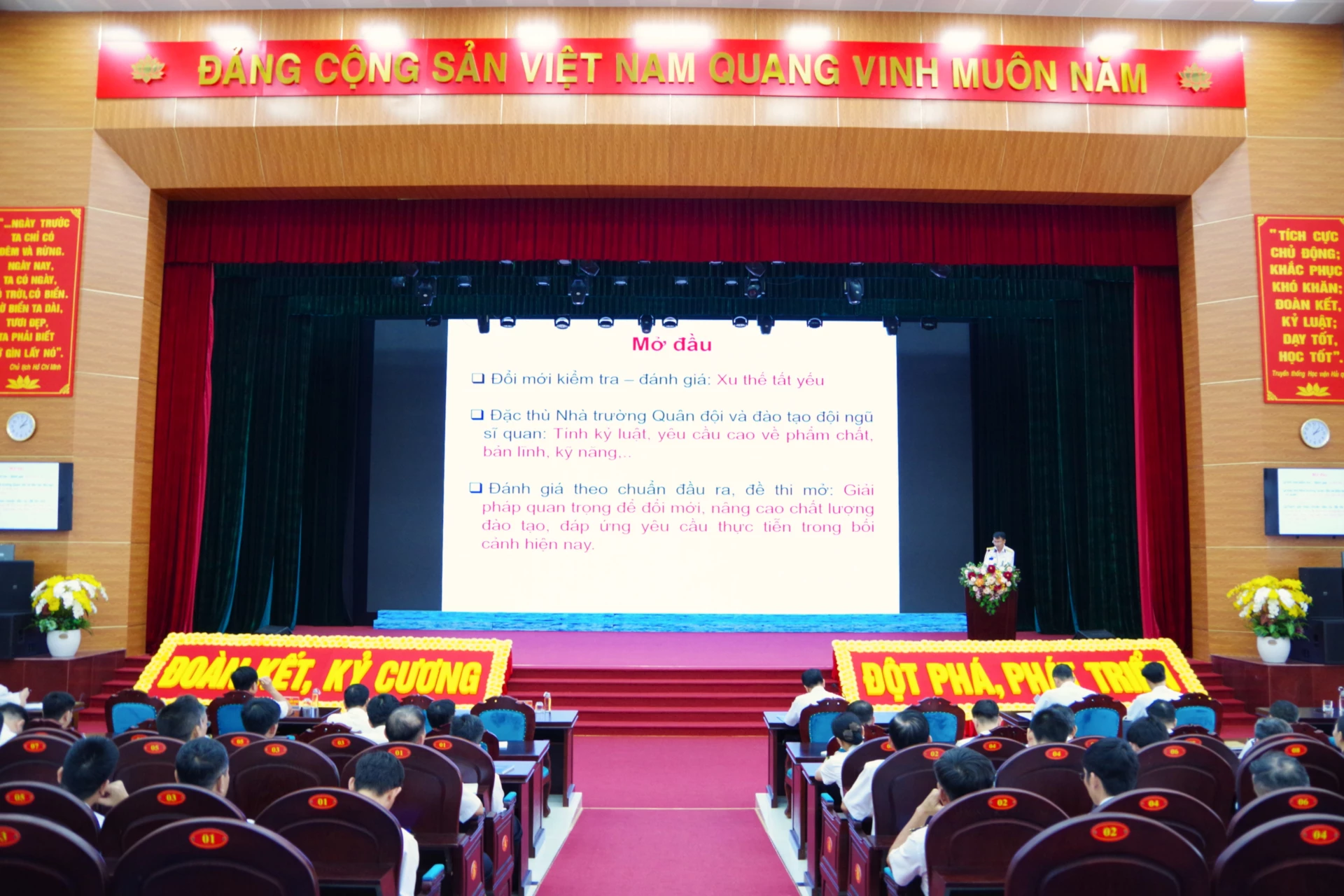
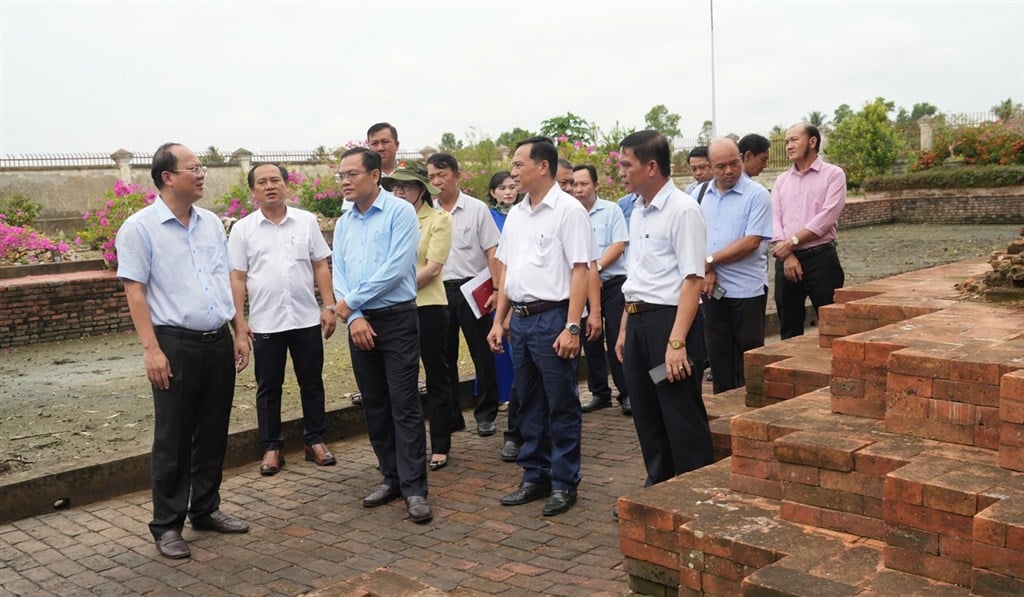



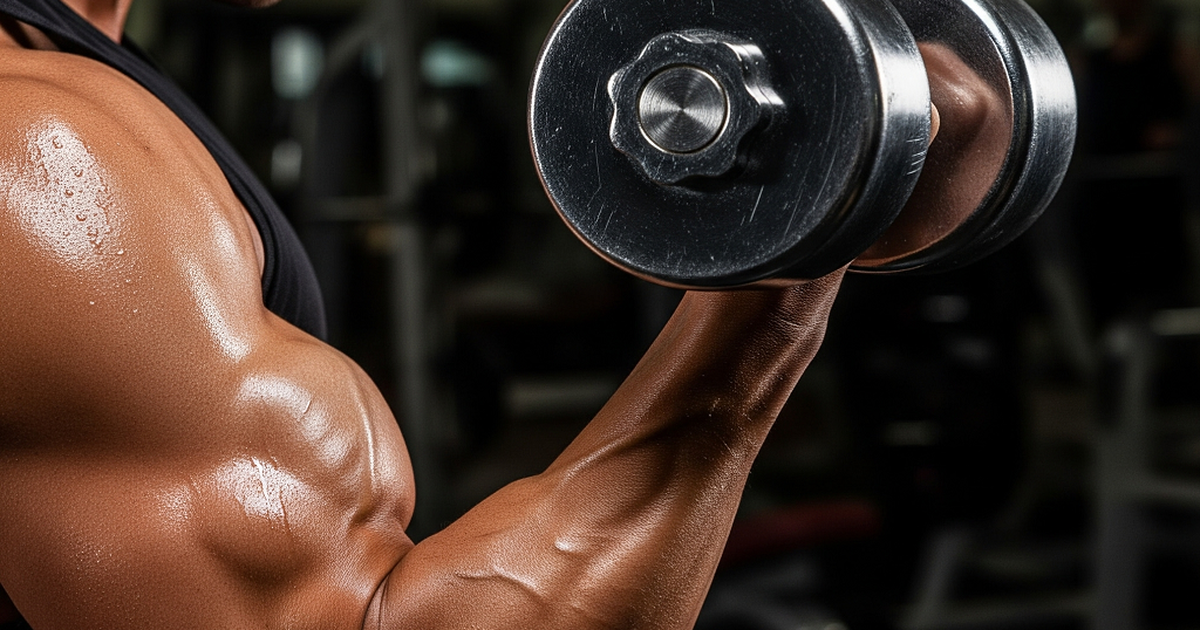

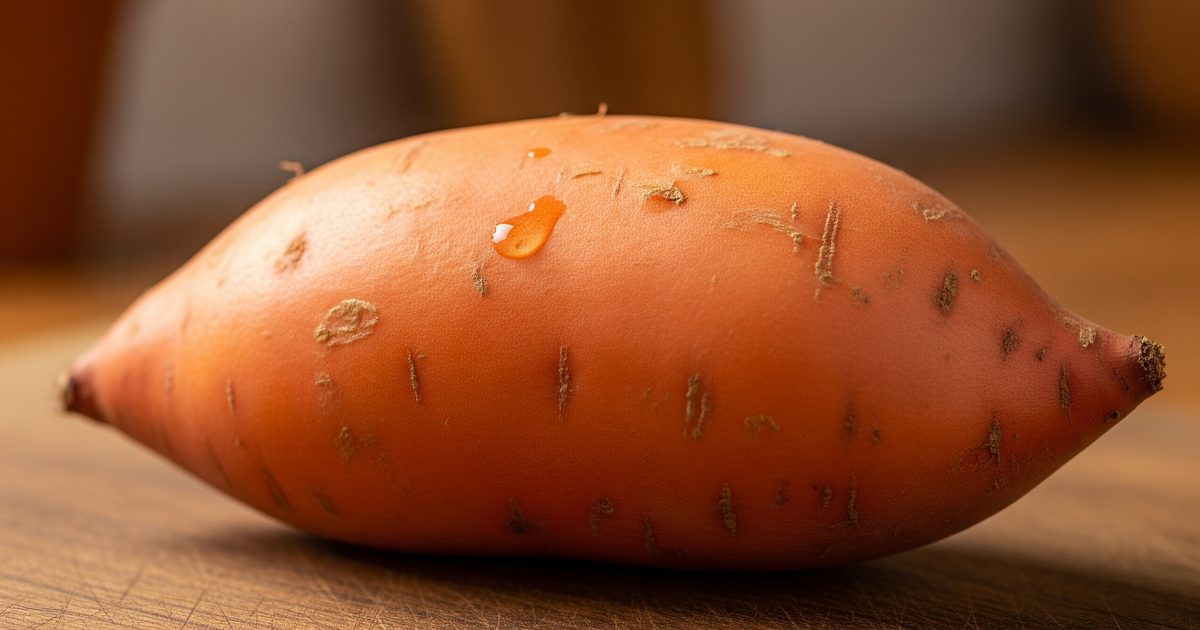
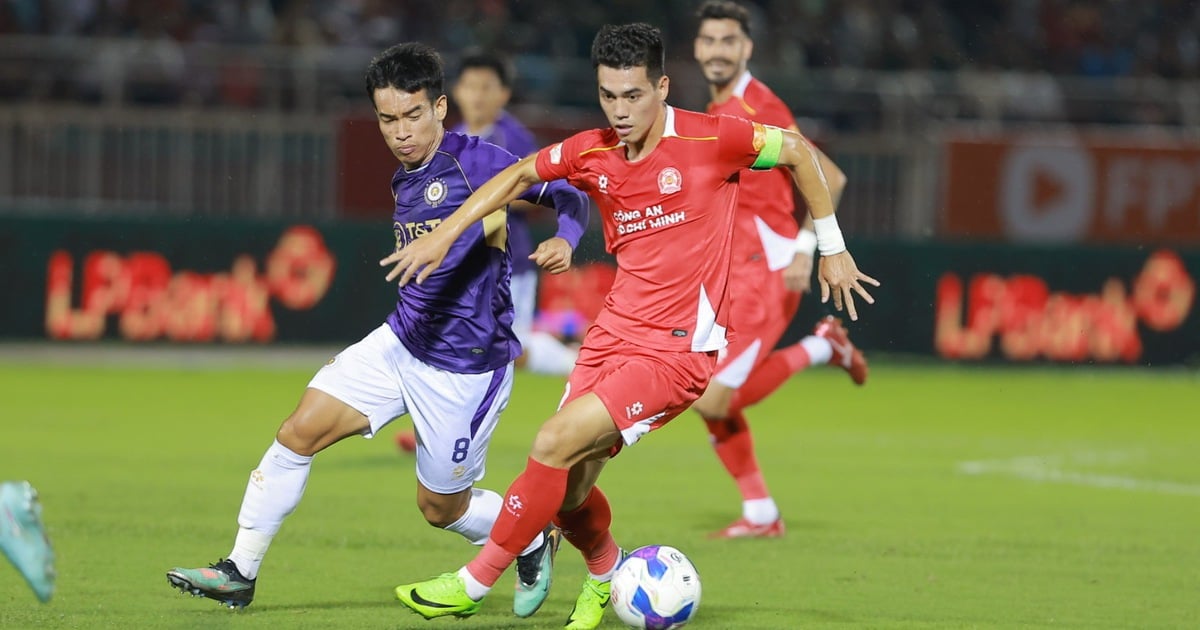




















![[Photo] An Phu intersection project connecting Ho Chi Minh City-Long Thanh-Dau Giay expressway behind schedule](https://vstatic.vietnam.vn/vietnam/resource/IMAGE/2025/8/21/1ad80e9dd8944150bb72e6c49ecc7e08)






























![[Photo] Politburo works with the Standing Committee of Hanoi Party Committee and Ho Chi Minh City Party Committee](https://vstatic.vietnam.vn/vietnam/resource/IMAGE/2025/8/21/4f3460337a6045e7847d50d38704355d)

































Comment (0)